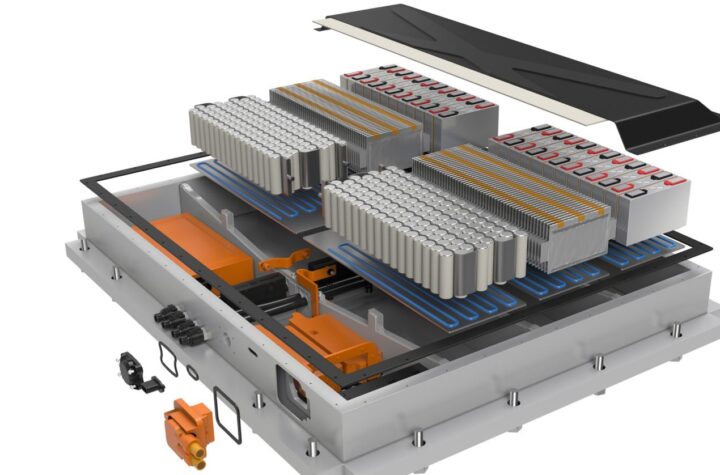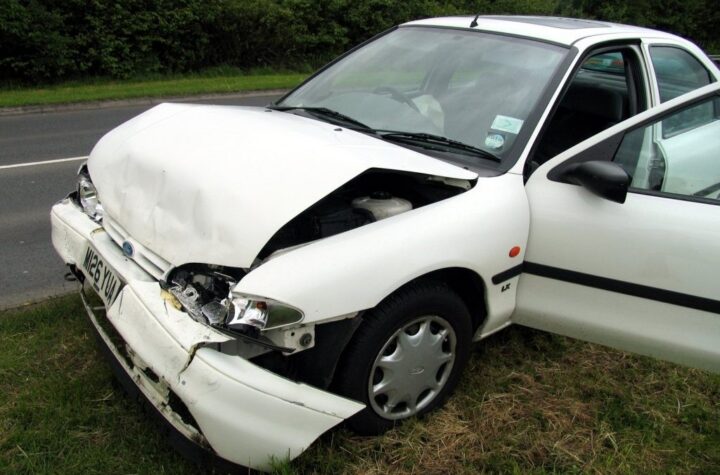

With the globalization of the motor industry, the contribu¬tion made by transport and logistics companies in the au¬tomotive value chain coming to the fore. Salzburg-based transport firm VEGA International Car Transport and Logistic Trading was recently presented with an export award by the Austrian Federal Economic Chamber and the Austrian Federal Ministry of Economy, Family and Youth for the Transport and Traffic category. VEGA, which specializes in transporting commercial and utility vehicles, buses, trailers and cars, was given the award in recognition of its success in international markets. VEGA is also the first recipient of the Daimler special award for innovation.
The passenger and commercial vehicle transport awards are given to the top ranking carriers in Daimler’s key performance indicator (KPI) monitoring system, which includes categories such as meeting the OEM’s specified pickup windows, maintaining fleet and equipment standards and low damage rates. Founded in 1990 by five shareholders who combined their knowledge of working in different sectors of the transportation and logistic industry, VEGA’s primary area of expertise is in the transport of new trucks and buses.
In order to cater for the increasing size of commercial vehicles over the years VEGA has pioneered the use of multimodal logistics chains which include road, roll-on roll-off ships and rail solutions. Using special low-bed rail wagons makes it possible to transport vehicles with heights of up to four meters. VEGA’s customers are primarily OEMs such as MAN, Mercedes, Scania, Iveco, Volvo and Schmitz Cargobull. The company has subsidiaries and representatives in Germany, Benelux, Czech Republic, Croatia, Russia, Romania and Turkey, generating revenue of 65 million Euro in 2012. VEGA International handles the entire transport logistics process, including clearing. VEGA’s shipping department collaborates with the main shipping companies and is able to offer shipments to any destination required. Around 50,000 commercial vehicles are transported every year – most on their own axle with up to 800 specially trained drivers.
A joint venture with a French company has enables VEGA to establish its own railroad sidings. VEGA says the main bulk of shipments are within the Mediterranean region.
Automotive Industries (AI) asked Franz Blum, General Manager, VEGA International, what were some of the reasons VEGA won the Austrian award for excellence in innovation.
Blum: VEGA is located in Austria, but 95% of its turnover is made with international truck and bus movements, so the export value chain is very significant. This has been regarded as an excellent performance by the Austrian Chamber of Commerce, in particular as our company is very successful in emerging markets like Turkey and Russia for example.
AI: Describe the innovations VEGA developed for Daimler.
Blum: VEGA has been cooperating with Daimler since 1993. It started with a local importer in Europe, followed by bus production in Istanbul. Our business with Daimler has continued to grow over the decades as our high quality standards are in line with the demand of Daimler: Das Beste oder nichts (“The best or nothing at allâ€). VEGA has invested extensively into a modern infrastructure all over Europe, especially in logistically well-located hubs for the commercial truck manufacturers, as well as in skills training. The VEGA motto: “Excellence is our driver†is a company-wide program to drive permanent improvement and innovation. One of our logistic hubs has even become the delivery center for Daimler trucks, where we deliver the Daimler trucks tothe final customers.
AI: What does it mean to win an award for excellence from a customer – such as the one Daimler gave VEGA?
Blum: It is a great honor, as well as a huge challenge, to keep the wheels turning in a modern logistic environment, which includes paperless and real time documentation. VEGA recently invested a significant amount in order to achieve new standards in this area. We are very proud that we have been recognized by the award, and it helps motivate us to continue to innovate in all our areas of business.
AI: What was the inspiration for your bubble innovation to protect paintwork?
Blum: Once, when opening a bubble-protected envelope, I realized that this type of protection for sensitive contents would be perfect for our type of transport, where new and very valuable buses are driven across the Continent and where stone hits are a real problem, especially in winter months. We then started discussions with foil producers to develop a bubble plastic foil which is self-attaching on one side. Working in close cooperation with Daimler we developed the right product, which has reduced the damages by stone hits from 25% per bus to almost 0% !
AI: Your company also has innovative ways to protecting windshields. Tell us a little about the process.
Blum: The same challenges for the protection of paintwork are, of course, valid for the windshield when it comes to stone hits. Therefore we have developed a very elastic and fully transparent self–attaching foil, which can be taken off easily after the bus has arrived at the final destination.
AI: How does VEGA look for better ways of transporting large trucks, buses, and cars?
Blum: We have a company-wide competition to come up with new ideas, and we listen very carefully to our staff when it comes to innovations which can help us to become more cost efficient and to achieve a higher quality. In addition, using a new data program, we are working on a bonus point system which will help us to select the best performing drivers and to award their achievements in driving our business in the best possible direction.
AI: What are some of the future challenges?
Blum: A big challenge is the driver shortage ahead, as young people are not being attracted into the industry. The European driver license regulation only allow young people to get the heavy truck license only at the age of 21 years, by which time it is too late for them to select truck driving as professional career. In addition, the working conditions for drivers have become very difficult. Driving regulations force them to work against their biorhythm, which is on the long run not healthy at all. Another challenge is the big volatility in the truck market. In the peak months we deliver three to four times more vehicles than in the quieter periods.












More Stories
Automotive Industries (AI) Newsletter April 2025
How to Create the Ultimate Off-Road Vehicle Garage: A Practical Guide
5 Fleet Tracking Metrics Every Manager Should Be Monitoring